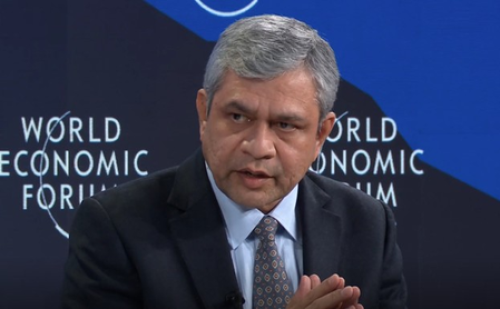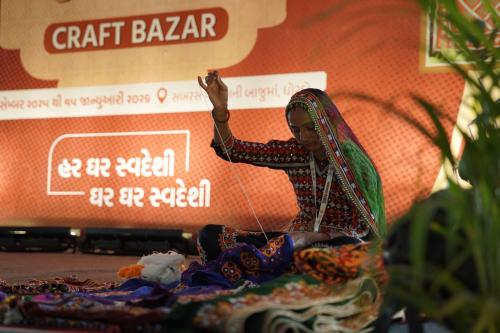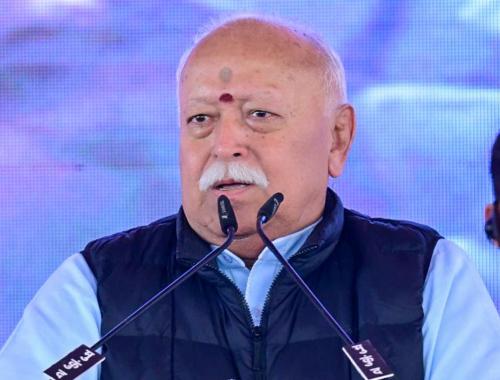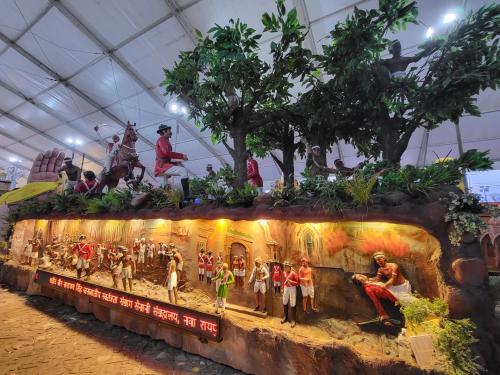BENGALURU: Barely 12 years ago, Ambur Iyyappa was a local delivery manager with a courier company. Today, he's a multi-millionaire at Flipkart. The story of that transformation is fascinating. And we'll start at the beginning. Iyyappa grew up in Ambur, a town in Vellore district in Tamil Nadu famous for its biryani and leather industry. After completing his pre-degree in Ambur, he went to Hosur for a diploma, which helped him land a one-year-long apprenticeship at heavy vehicles maker Ashok Leyland. He then joined First Flight Couriers as a local delivery manager and moved to Bengaluru. During his four-year career with them, he rose to managing the logistics of all incoming mails for south Bengaluru. At one point he felt he needed to do a three-month course to improve his qualifications and asked for leave from the company. But when he returned, First Flight did not have a position for him. First Flight happened then to be one of the four courier partners of Flipkart, a barely known online bookseller at the time. Iyyappa heard from the delivery boy who managed the Flipkart account that they were looking for an in-house logistics person. So Iyyappa went to Flipkart's office and met the young founders, Sachin Bansal and Binny Bansal. Iyyappa recollects the conversations were in English and mostly about delivery issues. He got the job, and became Flipkart's first employee. He remembers he received the offer letter almost a year later as there was no human resources team in the company then. Binny has described Iyyappa as Flipkart's "human ERP." "Iyyappa would know exactly which books were pending to be bought, which customers were waiting for delivery, etc. When a customer called, he would know exactly what was happening with his or her order without looking at the systems. He had also found an effective way of pasting all this order information into Gmail and using that as an ERP/servicing search engine for orders!" Binny wrote on the Flipkart blog. As orders picked up, Binny wrote code that automated a lot of Iyyappa's work. Iyyappa's first salary was less than Rs 8,000. But he also received shares in the nascent venture. That proved to be a bonanza, because as the company grew, the share value grew exponentially. Iyyappa says he has sold his shares twice, the first time in 2009-10, for his wedding expenses, and again in 2013. Today, he is an associate director managing customer experience at Flipkart and draws a salary upwards of Rs 6 lakh. He continues to live - with his wife, mother and grandmother - in the same locality where he lived a decade ago. He used to walk to work, but now uses a Suzuki Access 125 scooter; he still does not own a car. As Flipkart completes ten years, Iyyappa writes exclusively for TOI on what India's biggest e-commerce company has meant for him. `We were audacious, that's what enabled cash-on-delivery' Ambur Iyyappa When I walked into Flipkart's makeshift office on a sunny April morning in 2008 looking for a job that would meet my simple necessities, little did I know my life was about to transform. Two young men in ordinary clothes, Sachin and Binny, greeted me and the meeting got underway. At that time, I didn't know I was going to be the first employee of a company that would eventually redefine commerce in India. Or that I would still be around to celebrate Flipkart's 10th anniversary in 2017. I was nervous and with good reason. All my experience until then was on the operations side of a logistics company and here I was interviewing with an online seller of books. E-commerce was at that time a relatively new industry. Was I in for a monumental failure? Thankfully, no. Joining Flipkart was the best decision I have ever made. The learnings I had in the years since that fateful meeting became life skills that have held me in good stead. In many ways, they've powered Flipkart's success as well. A great company, after all, is made up of its people. And what holds good for businesses often holds good for people, with only slight variations. Here are a few: Customers reign supreme Many companies run with this tag line. And why not? It is attractive. But how do you live it? At Flipkart, customer delight was and still is the single most important driver. Much before today's well-defined policies for returns or replacement, Sachin, Binny and I had to tackle complaints of a missing CD that should have come with a book, or torn pages inside or something else, and fix the issue. That customer-centricity is still the way Flipkart operates. In life too, we must recognise things that matter most and give them due importance. It could be our family, our work, or something else. Try to keep them on a pedestal. The rest will sail through. Take ownership Unlike now, a lot of our order fulfilment processes back in 2008-2009 were highly manual and inefficient. Delivery boys then would first come to the office from their homes and pick up a printout containing details of the day's orders before going out. This wasted a lot of precious time. So we worked out a system by which the pick-up boy took a printout at 10 am from a cyber cafe close to his house. At 1 pm, he would take another printout to get an updated delivery schedule. That simple change was my first lesson in taking ownership at Flipkart. I saw first-hand how things could improve if we take a little responsibility, both in our professional and personal lives. Challenge the status quo By 2010, Flipkart was doing brisk business. But the challenge to scale up was that customers didn't want to pay for something before getting it. And our delivery partners at that time lacked the infrastructure for cash on delivery. It would've been easy for Flipkart to wait for others to build the capability first. Instead, Ekart, Flipkart's supply chain, launched cash on delivery - an innovation that made top brands accessible to customers without having to worry about upfront payments. That single move not only changed Flipkart's fortunes but also lit a fire under e-commerce in India. It taught me not to blindly accept things the way they are, in business and in life. We may find it easier to follow the herd. But if we're audacious, we can overcome the biggest of challenges. Give and earn respect I still remember how Sachin, Binny and I would debate ways to improve our supply chain in those early days. My ideas were seldom different from theirs. While their opinions prevailed at times, mine topped on other occasions. The important thing was that I could speak freely. That sense of inclusion, mutual respect and valuing differences has stuck to this day. It's something we ought to live with in our family and people around us in our daily lives. Not everyone will think alike. Prefer action over contemplation On a personal level, this was perhaps the single-most important lesson - that it's not enough to have great ideas. What's important is to execute them with urgency. Flipkart operates in one of the most competitive markets in India. So we don't have the luxury of ideating endlessly. Sure, there were mistakes. We sometimes went too soon into a category and had to withdraw. But we learnt from them and emerged stronger. That's how we leave a mark in this world as people and that's certainly how a great company leaves a dent on history.











